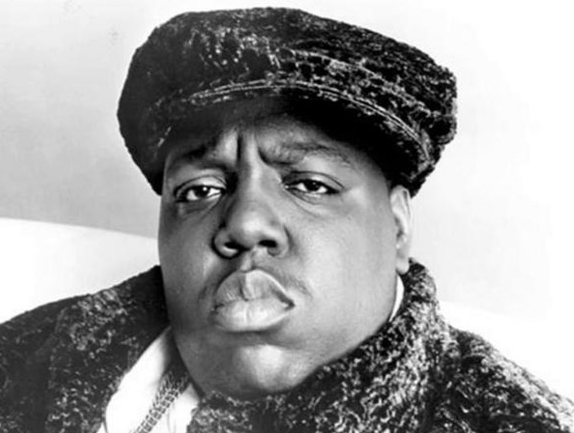Rap Music Is Poetry: Finding Meaning in Rhyme

Rap music is poetry. Now that you’ve finished rolling your eyes I think it’s time to refine my statement; good rap music is poetry. It’s been my own humble opinion since my junior year of high school, the very first time I heard the music of the late, great Notorious B.I.G. But I think this opinion is relevant now more than ever with the recent release of Kendrick Lamar’s album To Pimp a Butterfly.
This opinion might be a hard pill to swallow if your knowledge of rap music stops at the occasional popular party-rap song like the god-awful “Coco” by O.T Genesis. Judging rap music by songs like “Coco” is like judging all TV by shows like TLC’s “Honey Boo Boo”; it’s enjoyable at the right time but is by no means a standard.
When I say rap music is poetry I’m talking about the very best the genre has produced, “NY State of Mind” by Nas comes to mind. If “Coco” is “Honey Boo Boo,” then surely “NY State of Mind” is rap’s “Breaking Bad.” In “NY State of Mind,” Nasir bin Olu Dara Jones spends five glorious minutes describing the urban struggle that is life in Queensbridge, New York. Dare I say, it is the best five minutes of rap music you will find. That’s definitely not to say that every rap song has to be some form of social commentary or deal with serious topics. I’m not that guy who’s arguing for rap music to “get back to its roots,” which in actuality are more based in party than in any type of social commentary. I’m arguing for an end to the perception that the genre is all about money and self-indulgence because while that is definitely a part of rap music it is by no means the only part. Recognizing this is integral in creating the distinction between popular, catchy songs and poetic, meaningful songs.
This takes me back to my original point: rap albums like the recent To Pimp a Butterfly and 2014 Forest Hills Drive by J. Cole or even classics such as Ready to Die by Notorious B.I.G and 2pacalypse Now by Tupac Shakur are more than just rap albums – they are urban poetry. Remove the beats in the background and all the fancy musical effects and you hear a poem about the struggle for existence that is life in the urban world. It forces you to think deeply and appreciate the very fact that these individuals were not only able to survive their experiences but also that their stories unite; they tell the stories of hundreds maybe even thousands, who share similar experiences but are unable to express them in such a pleasant manner. Rap is a broad genre that encompasses various sub-genres which differ in topic, approach, style and even location. My familiarity lies primarily with East Coast rap, which has a tendency to be centered around the struggle of life in New York City. One of my favorite East Coast rap albums, arguably the most poetic of all, is the aforementioned Ready To Die by The Notorious B.I.G.
Ready to Die by Notorious B.I.G is essentially an autobiography. The album tells the story of his life growing up poor, his transition into becoming a drug dealer, and the toll this life took. In songs such as “Ready To Die,” “Everyday Struggle” and “Suicidal Thoughts,” he sees no way to improve his current condition and struggles to find meaning in life.
Other songs, such as “Juicy,” tell about what has given him a purpose, what has stopped him from taking his own life when he has seen nothing but struggle, his childhood love and method of self-expression: rap music. This album has special significance for me because of the story it tells; it is a shift from the self-aggrandizement that has come to characterize rappers and drug dealers. Ready to Die is a cry for help from a tortured soul.
There is no formula for what makes a particular rap song a poem, but good rap music is poetry. Good rap music, like a good poem, conveys meaning to its audience, tells a story and has the power to ignite strong feelings. Tupac Shakur, considered by some to be the greatest rapper of all time, was in fact a poet before he became a rapper and had a book of poetry published posthumously titled “The Rose That Grew From Concrete.” In fact, an excerpt from that book’s most popular poem also titled “The Rose That Grew From Concrete” is heavily featured in PowerAde’s new “Just a Kid” ad campaign. It’s a poem well worth a read, and it makes for an ad well worth watching.








